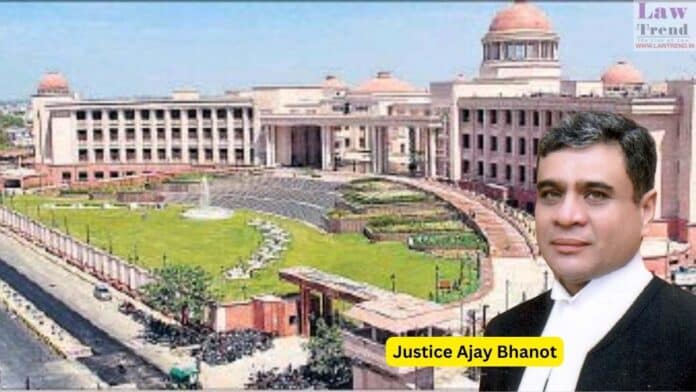The Allahabad High Court, in a significant ruling addressing the rights of children residing in prisons with their parents, dismissed the bail application of a woman accused of murdering her minor stepchild while simultaneously issuing wide-ranging directives to safeguard the welfare and educational rights of such children. Justice Ajay Bhanot passed the order in Criminal
To Read More Please Subscribe to VIP Membership for Unlimited Access to All the Articles, Download Available Copies of Judgments/Order, Acess to Central/State Bare Acts, Advertisement Free Content, Access to More than 4000 Legal Drafts( Readymade Editable Formats of Suits, Petitions, Writs, Legal Notices, Divorce Petitions, 138 Notices, Bail Applications etc.) in Hindi and English.




